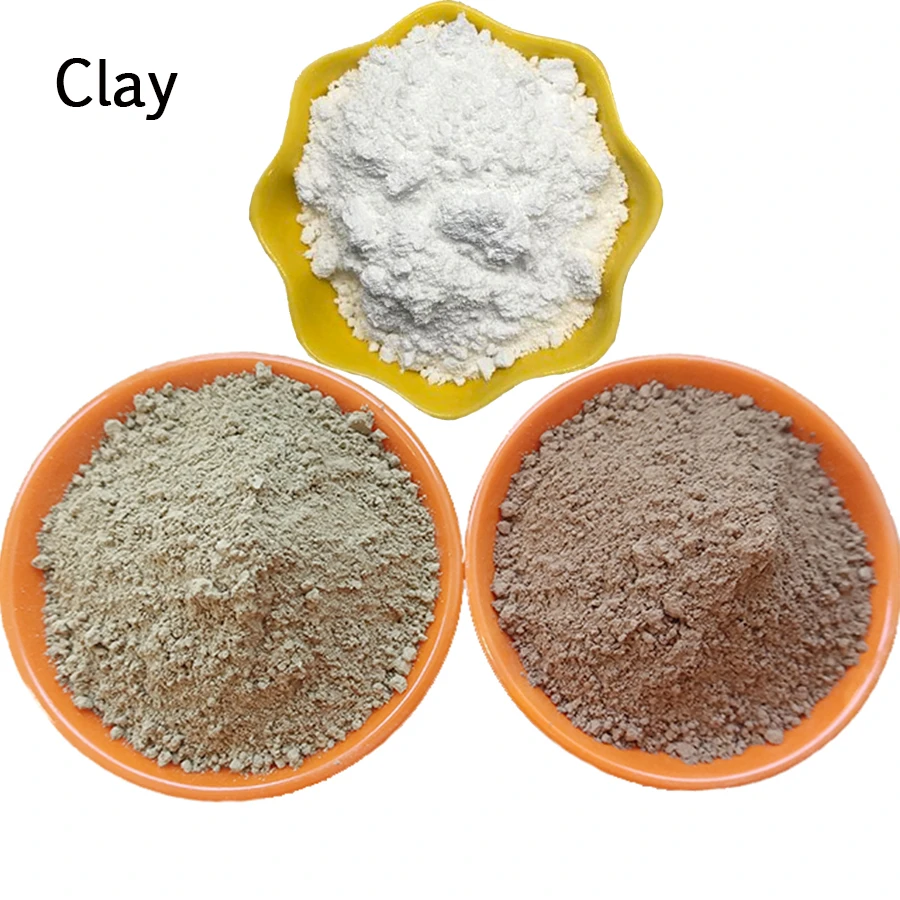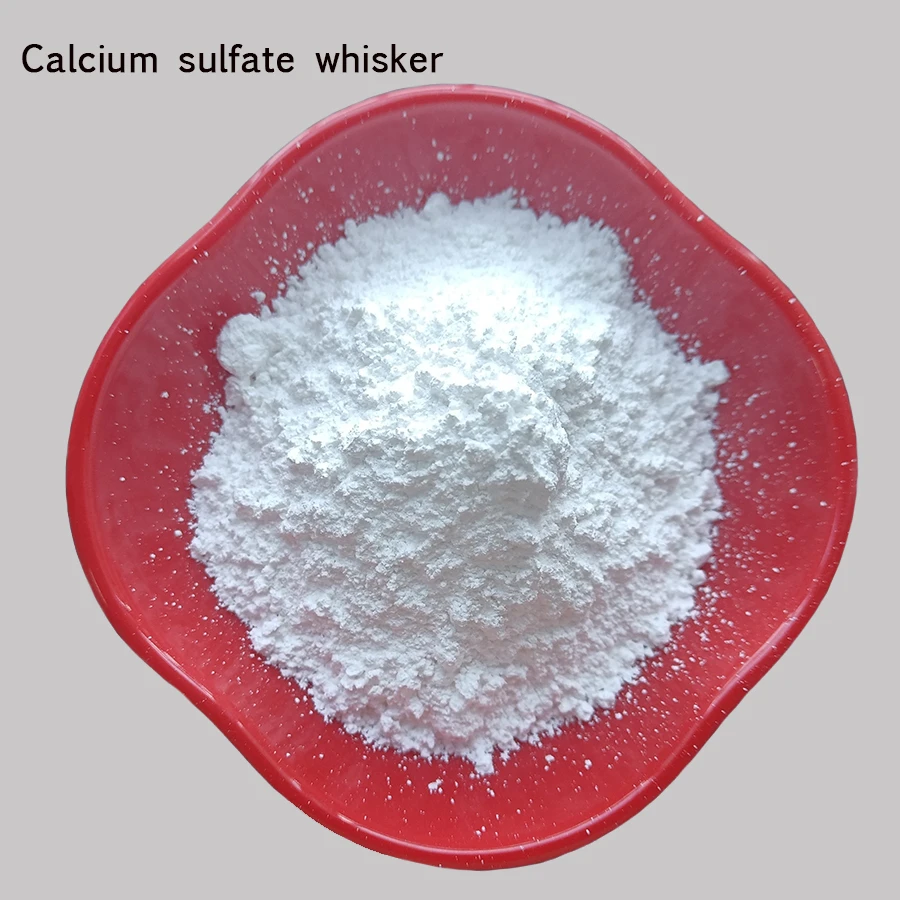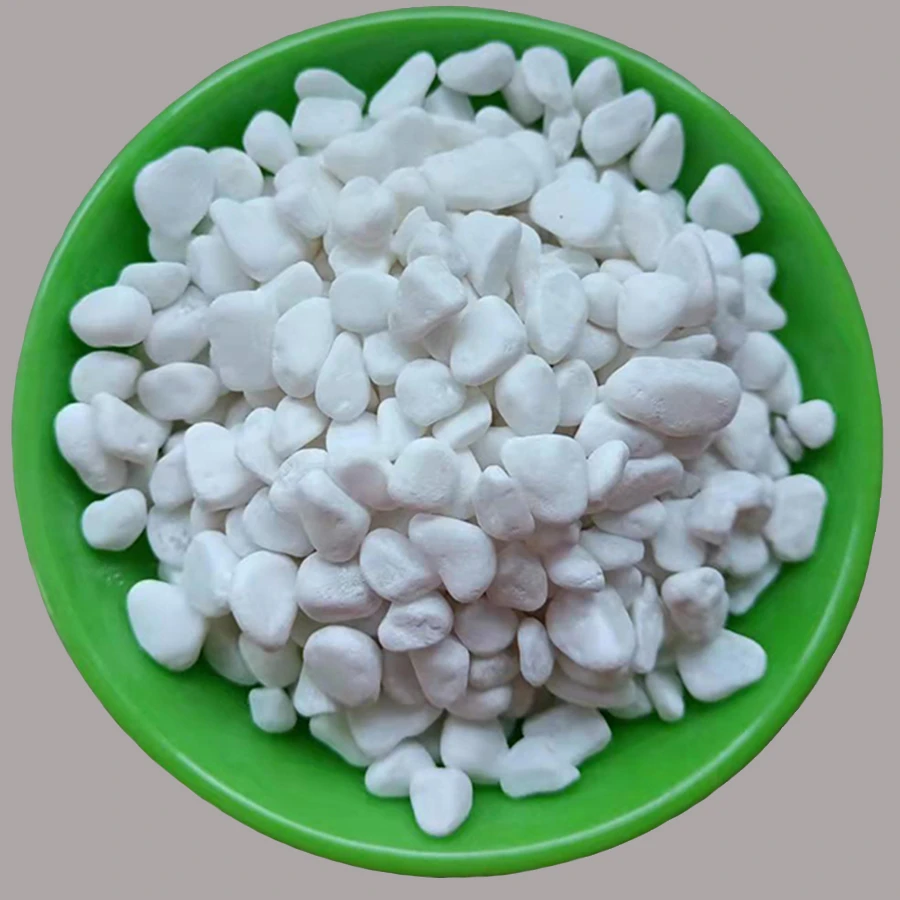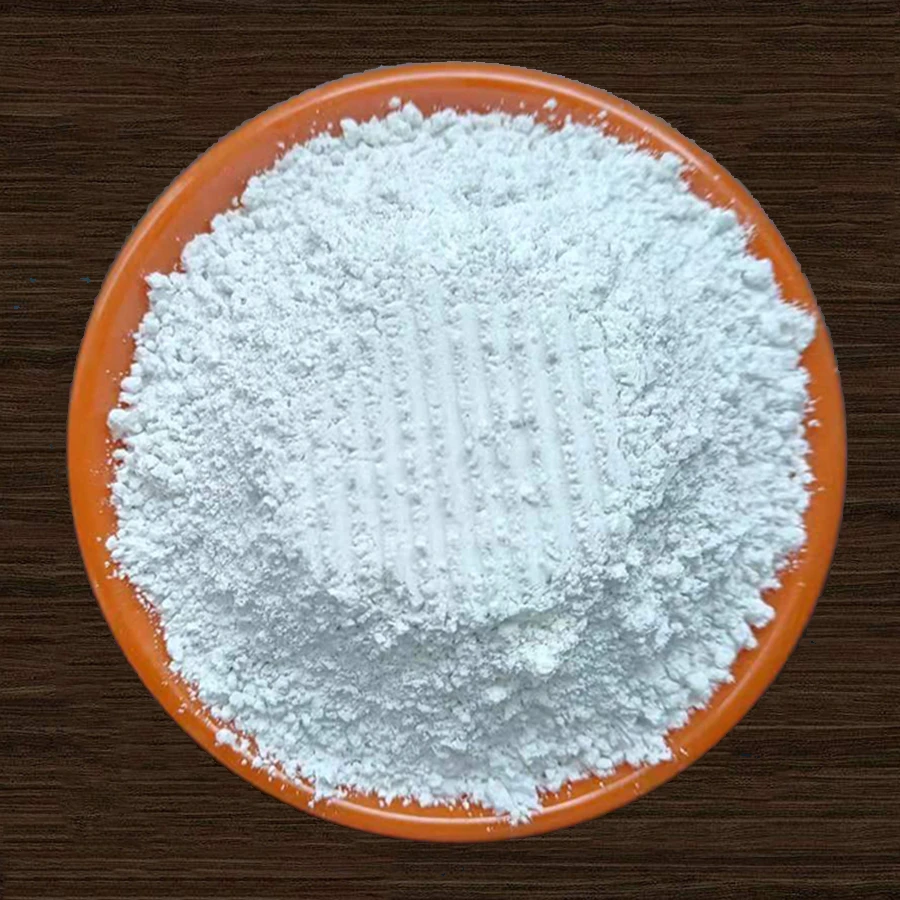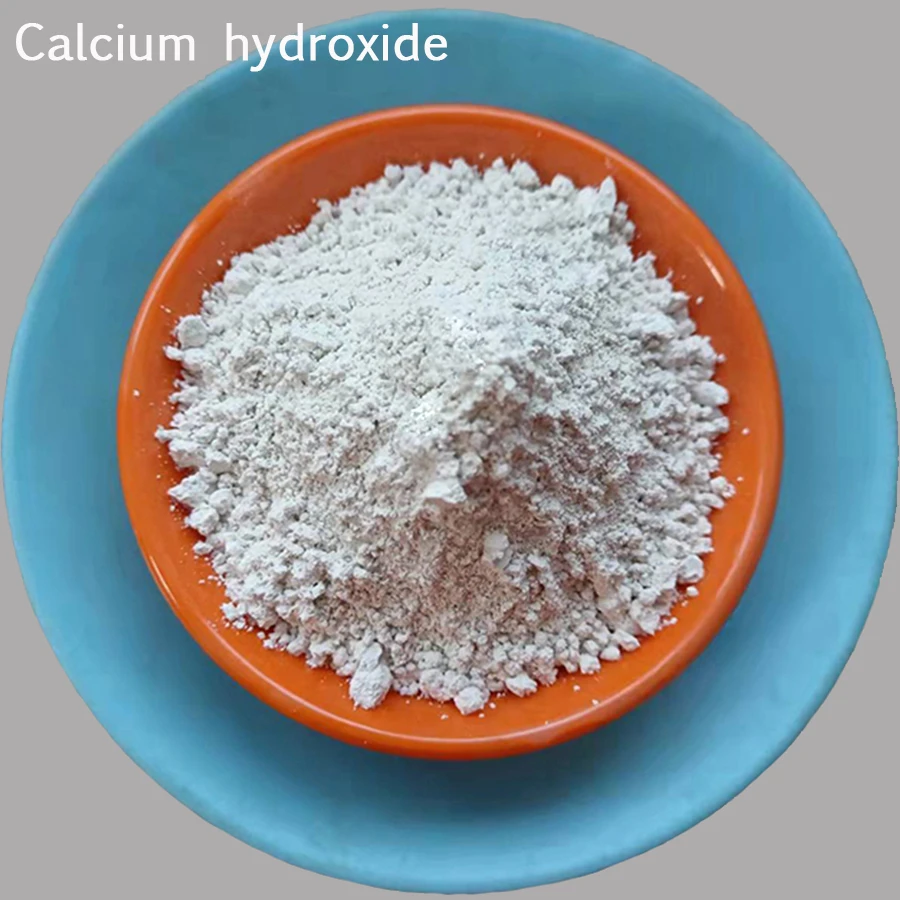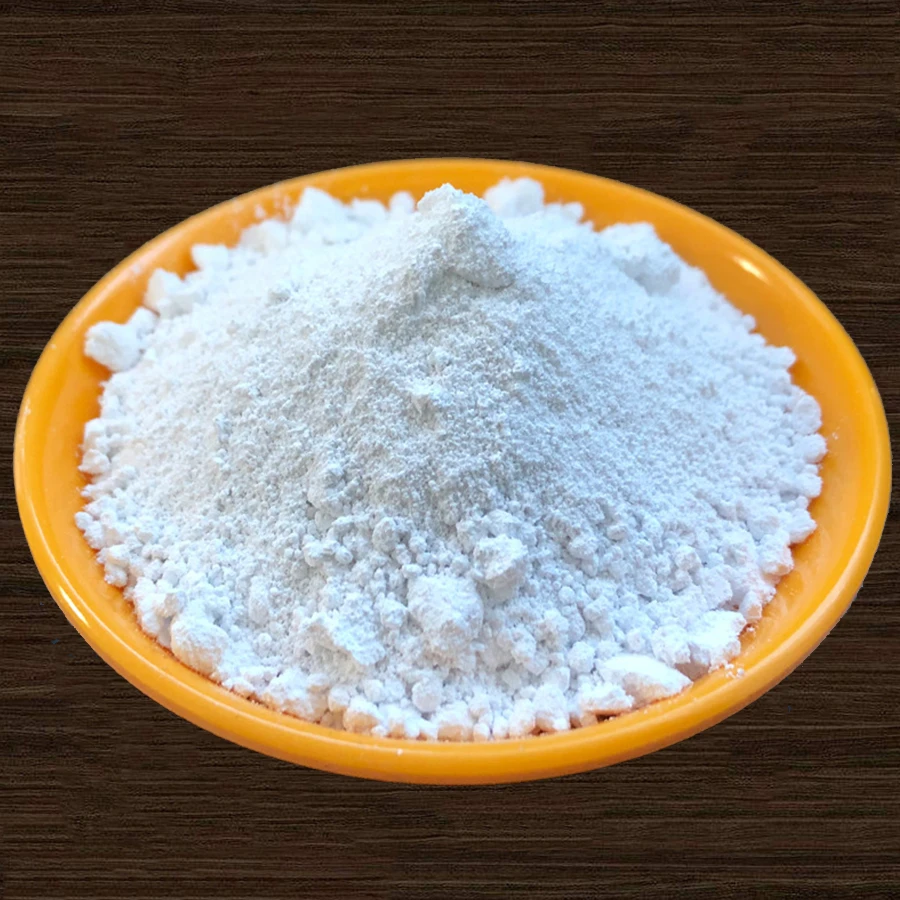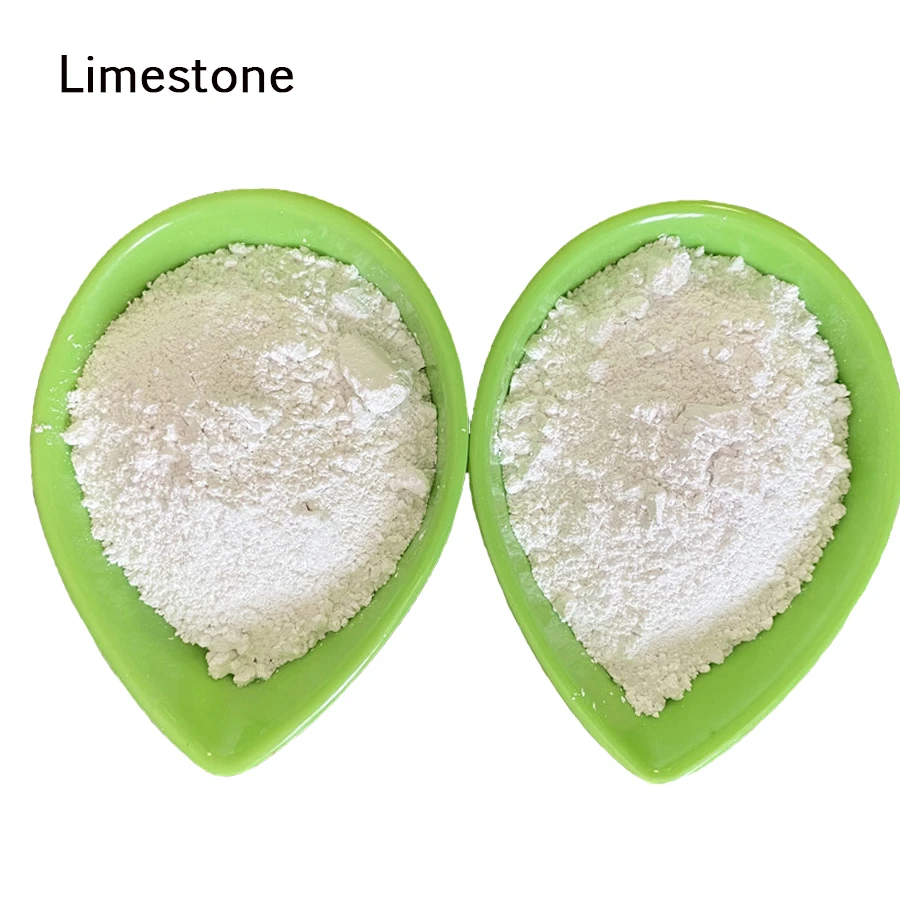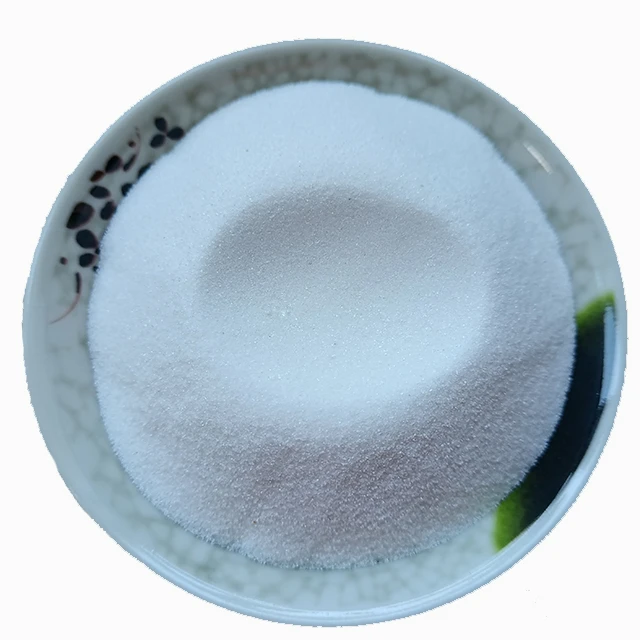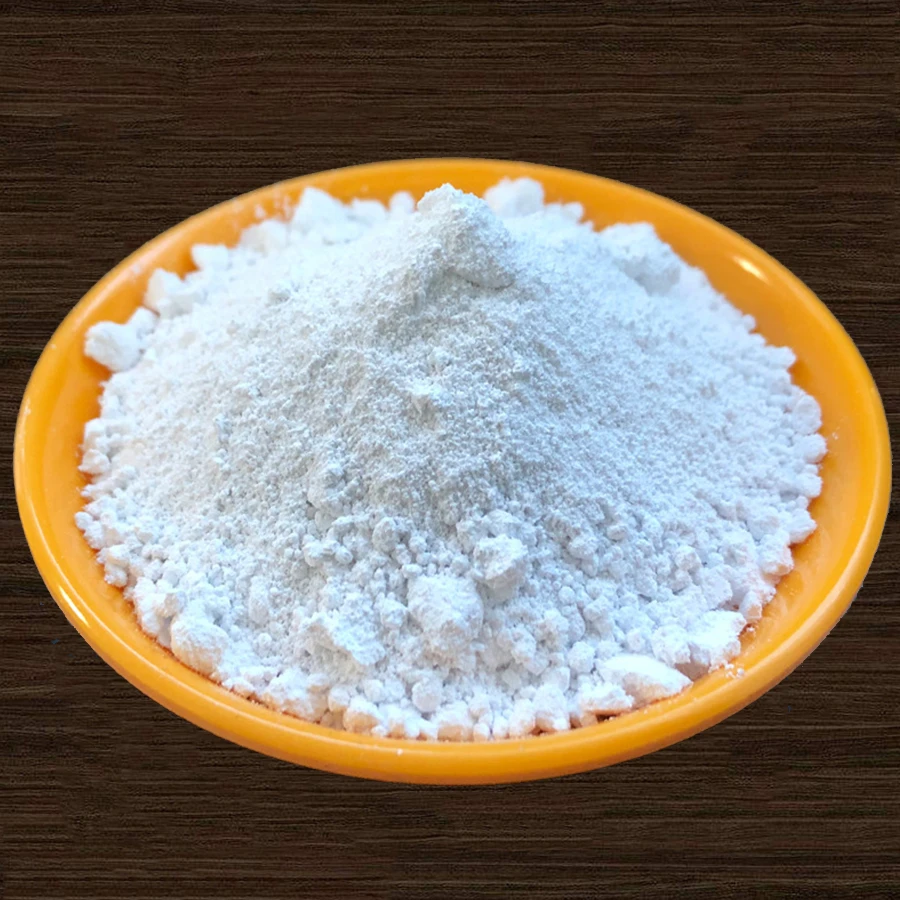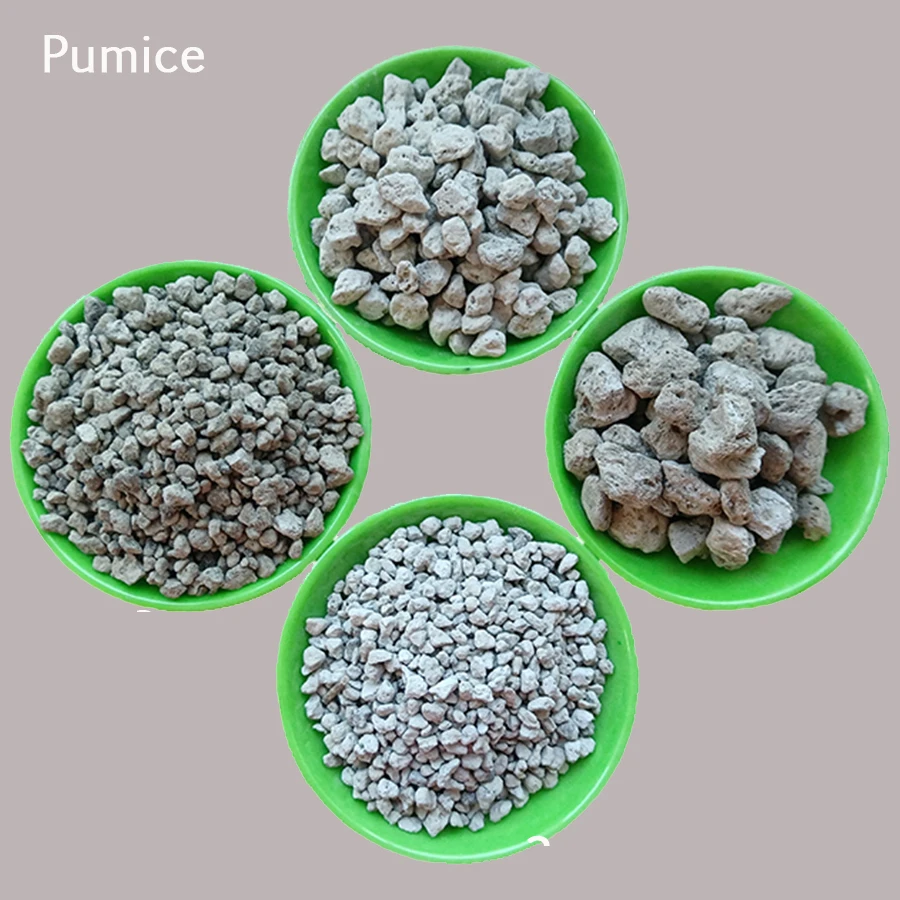
- africain
- albanais
- arabe
- biélorusse
- bengali
- tchèque
- danois
- Néerlandais
- Anglais
- finlandais
- Français
- galicien
- Allemand
- grec
- hébreu
- hongrois
- indonésien
- irlandais
- italien
- japonais
- javanais
- kazakh
- Khmer
- Rwandais
- coréen
- Kirghize
- Travail
- latin
- letton
- lituanien
- malais
- maltais
- mongol
- Birmanie
- norvégien
- persan
- polonais
- portugais
- roumain
- russe
- serbe
- slovaque
- Espagnol
- suédois
- Tagalog
- thaïlandais
- turc
- ukrainien
- vietnamien
- gallois
Magnesium sulphate is a versatile chemical compound that plays a crucial role in various industries and applications. It is most commonly known as Epsom salt, and its properties make it an essential component in agriculture, medicine, and industrial manufacturing.
In agriculture, magnesium sulphate is widely used as a fertilizer. It provides essential magnesium, which is a key nutrient for plants, contributing to photosynthesis and overall plant health. Magnesium sulphate also supplies sulfur, which helps in the formation of proteins and enzymes in plants. This dual benefit of magnesium and sulfur makes it an ideal fertilizer for crops like tomatoes, potatoes, and fruits, as it encourages strong root growth and enhances crop yield.
In addition to its agricultural uses, magnesium sulphate has medicinal applications. It is used in the treatment of magnesium deficiency and in the management of conditions like eclampsia during pregnancy. Moreover, it is often found in bath salts, offering relaxation and stress relief due to its ability to soothe sore muscles.
The industrial use of magnesium sulphate extends to manufacturing processes, such as the production of textiles, paper, and cement. It is used as a drying agent and as an additive to improve the performance of certain materials. As industries and agricultural practices continue to evolve, the demand for magnesium sulphate remains strong.
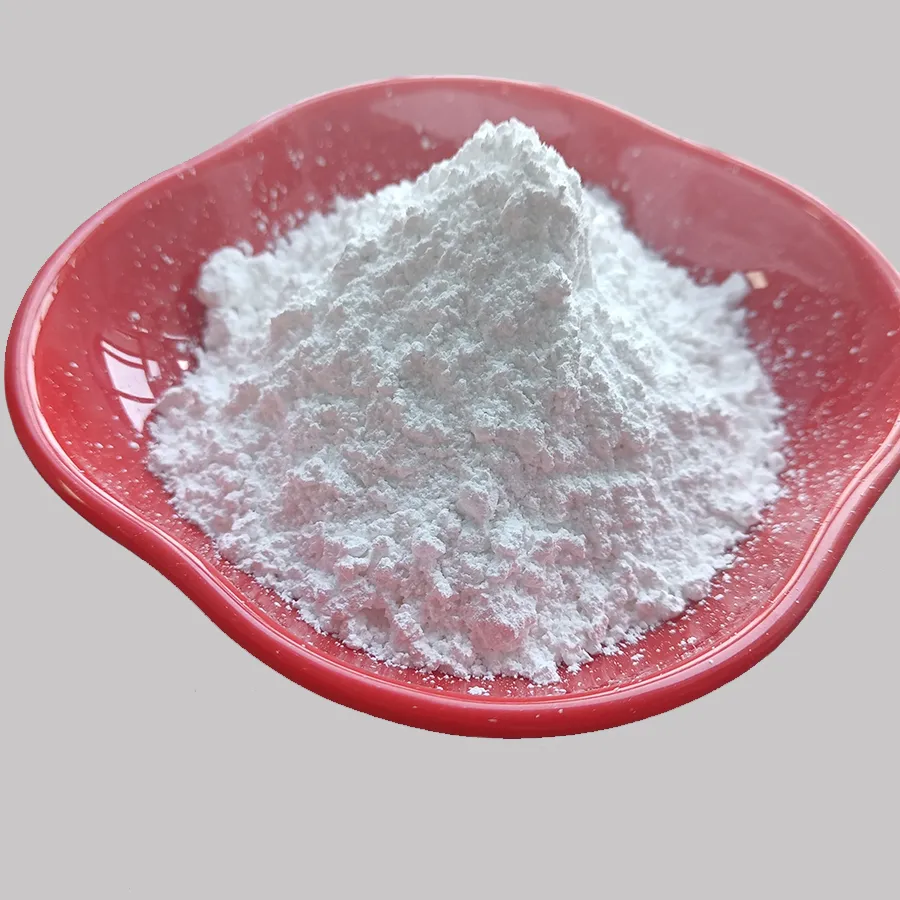
Calcium Sulphate
Calcium sulphate is another important compound with a broad range of applications across several industries. This chemical compound is commonly available in different forms, including dihydrate and anhydrous calcium sulfate, which offer different properties and uses.
The primary use of calcium sulphate is in the construction and building materials industry. As a key ingredient in gypsum board, also known as drywall, calcium sulphate helps create strong and durable walls for buildings. Gypsum, which is a natural form of calcium sulphate, is used to manufacture plaster and plasterboard, providing a smooth finish to walls and ceilings. The compound also acts as a fire retardant in these applications, contributing to safety in the event of a fire.
In the agricultural sector, calcium sulphate is used as a soil amendment to improve soil structure and help manage salinity. It works as a conditioner by loosening compacted soils and aiding water infiltration. Additionally, calcium sulphate is used in wastewater treatment to remove impurities and in the production of certain chemicals, including hydrogen peroxide.
The industrial versatility of calcium sulphate ensures its continued use across multiple sectors, from construction to agriculture, offering a wide range of solutions in terms of performance and cost-effectiveness.
Anhydrous Calcium Sulfate
Anhydrous calcium sulfate is the dehydrated form of calcium sulphate, which is typically used in industries where moisture absorption is undesirable. Its unique properties make it particularly valuable in applications where high-temperature resistance and low moisture content are critical.
In the construction industry, anhydrous calcium sulfate is often used in the production of high-performance gypsum products, including those used for flooring and ceilings. The anhydrous form is favored in situations that require a rapid drying process, as it helps in achieving a quick set time for plaster and cement-based products. This is particularly useful in environments where construction timelines are tight and efficiency is essential.
The anhydrous calcium sulfate is also used in chemical manufacturing, especially in the production of sulfuric acid. Due to its ability to resist high temperatures, it is an ideal material for applications involving extreme heat. Additionally, its use in pharmaceuticals is notable, as it is utilized as a desiccant in various formulations.
The applications of anhydrous calcium sulfate continue to expand as industries look for efficient and cost-effective materials that can withstand high temperatures and offer reliable performance under demanding conditions.
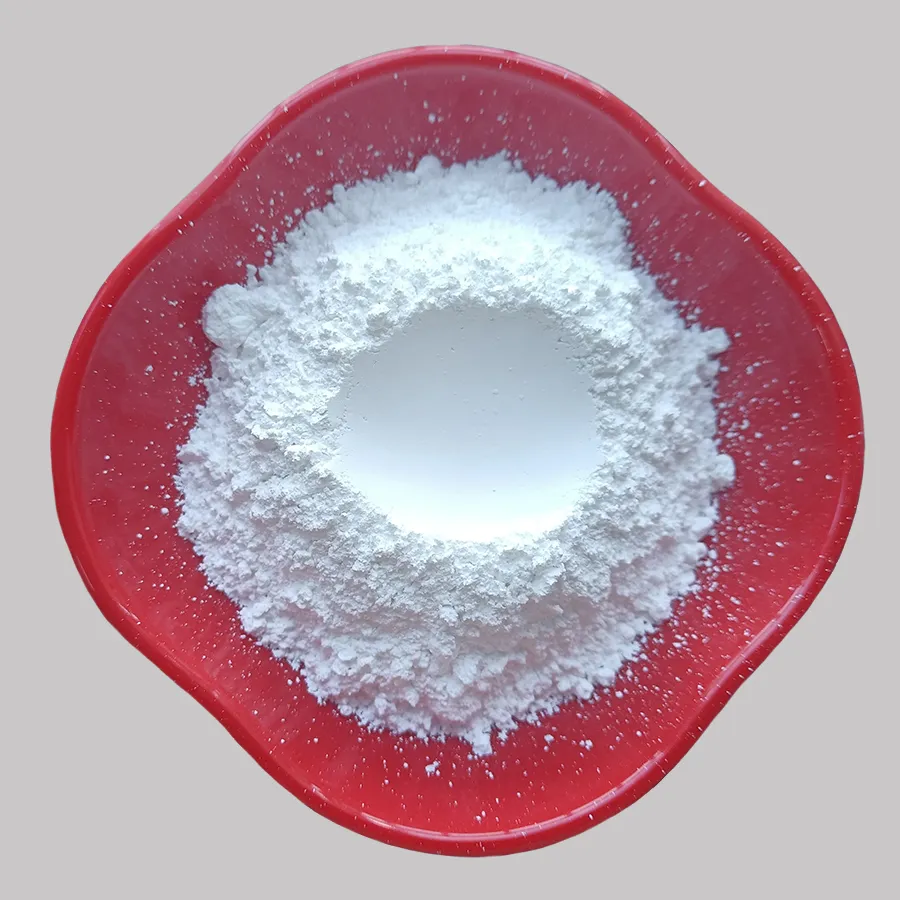
Use of Calcium Sulphate
The use of calcium sulphate is widespread and spans multiple industries due to its versatility and effectiveness. One of the most common applications of calcium sulphate is in the production of building materials, especially gypsum boards and plasters. The use of calcium sulphate in construction materials is essential, as it provides fire resistance, enhances durability, and improves the workability of plaster and cement.
Another significant use of calcium sulphate is in the agriculture industry, where it is used to amend soil and improve its structure. Calcium sulphate helps in the prevention of soil erosion by promoting soil aggregation, which in turn enhances water retention and root development. It also reduces soil salinity, making it suitable for areas with high salt content.
In the industrial sector, the use of calcium sulphate extends to wastewater treatment, where it is used to remove impurities and treat sludge. It is also commonly used in the manufacturing of chemicals, particularly in the production of hydrogen peroxide and sulfuric acid. Furthermore, calcium sulphate is utilized in the production of certain pharmaceuticals, acting as a drying agent in tablet formulations.
As new technologies emerge and industries continue to innovate, the use of calcium sulphate is becoming even more critical in addressing the challenges faced by various sectors, including construction, agriculture, and industrial manufacturing.
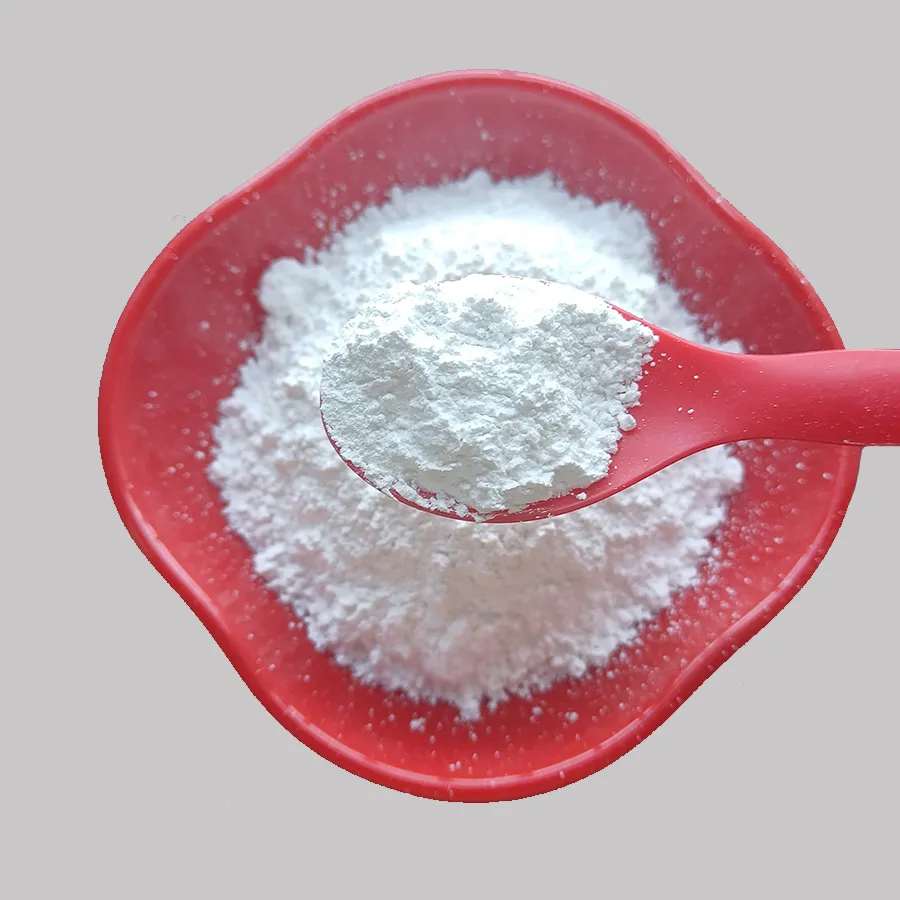
Magnesium Sulphate FAQs
What is magnesium sulphate used for?
Magnesium sulphate is commonly used as a fertilizer in agriculture, providing essential magnesium and sulfur to plants. It is also used in medical treatments, such as for magnesium deficiency and in managing eclampsia. Additionally, it is popular in bath salts for muscle relaxation.
What is the difference between calcium sulphate and anhydrous calcium sulfate?
The main difference between calcium sulphate and anhydrous calcium sulfate is the presence of water. Anhydrous calcium sulfate is a dehydrated form that is used in applications where moisture absorption is undesirable, such as in high-temperature environments, while calcium sulphate is typically used in its dihydrate form for products like gypsum board and plaster.
How is calcium sulphate used in agriculture?
In agriculture, calcium sulphate is used to improve soil structure, reduce salinity, and enhance water infiltration. It also helps in reducing soil erosion by promoting soil aggregation, which leads to better root development and healthier crops.
What are the industrial uses of calcium sulphate?
Calcium sulphate is used in various industrial applications, such as in the production of gypsum boards, plaster, and cement. It is also used in wastewater treatment to remove impurities, and in chemical manufacturing, especially in the production of sulfuric acid.
What are the benefits of using magnesium sulphate in agriculture?
Magnesium sulphate provides essential magnesium and sulfur to plants, promoting healthy growth and improving the overall quality of crops. It is particularly beneficial for crops like tomatoes, potatoes, and fruits, enhancing yield and root development. It is also an effective solution for magnesium-deficient soils.
Nouvelles connexes



